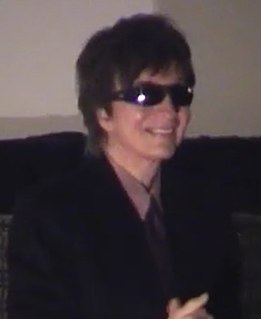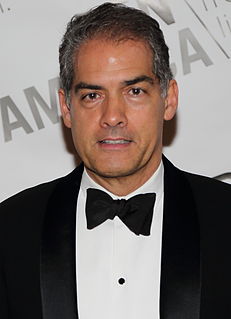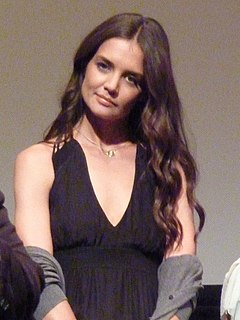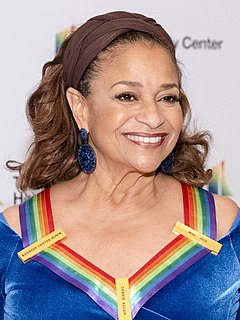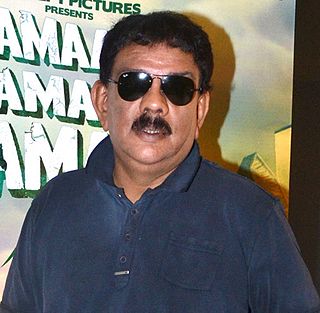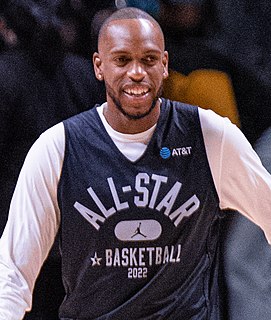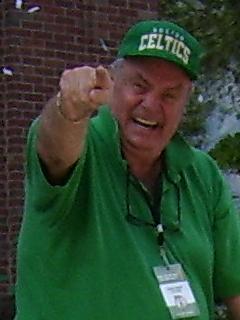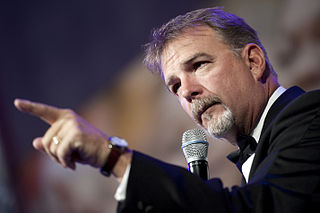A Quote by Michael Cimino
Does anyone remember who shot Kubrick's movies? Do you remember who shot David Lean's movies? No one remembers who shot 'Dr. Strangelove' or 'Barry Lyndon.'
Related Quotes
If I'm ever working on a set and anyone talks about a master shot, I say there is no master shot. Before I even went to film school, I learned about movies by being in a British feature film, where everything was shot master shot, mid-shot, close-up. But I reject the idea of a master shot. You don't shoot everything mechanically; you find imaginative ways that serve the action.
Notice how every science fiction movie or television show starts with a shot of the location where the story is about to occur. Movies that take place in outer space always start with a shot of stars and a starship. Movies that take place on another world always start with a shot of that planet. This is to let you know where you are. Novels and stories start the same way. You have to give the reader a sense of where he is and what's happening as quickly as possible. You don't want to start the story by confusing the reader.
I got my shot at the movies. I love doing standup live. I didn't know what I wanted to do. I wanted to try movies, so I gave it a shot. I had two shots and I didn't really do it. That wasn't really happening for me. On the second movie I got to meet the girl that would be my wife. So I got to hang out with her and get engaged, and get the whole wedding thing. It was really great.
